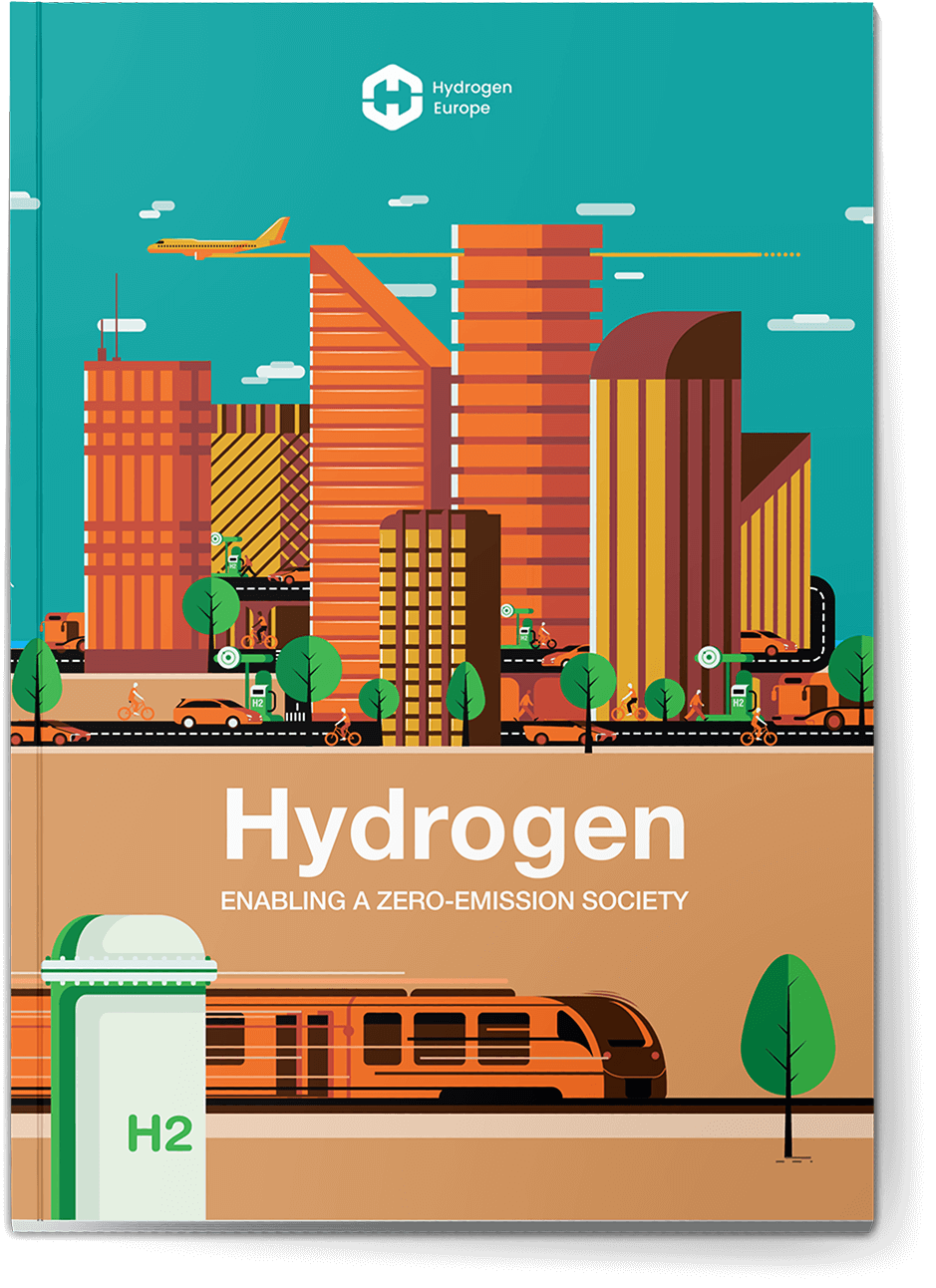COP27 Special Report on Hydrogen
The climate crisis affects us all. It transcends geographic boundaries and disregards economic and social differences, exposing humankind to the same fate. We must rethink the system starting from its foundations. Any commitment that does not involve the decoupling of our energy system from fossil fuels cannot be considered a serious one.
Hydrogen is a strategic enabler for the energy transition and an impulse for a new industrial revolution that will have positive returns in terms of economic growth, employment, and energy security. In its REPowerEU communication, the European Commission acknowledged the centrality of hydrogen in the green transition by striving to achieve a supply of 20 million tons of green hydrogen by 2030. During the past few months, the European institutions have been working vigorously to facilitate the ramp-up of the sector by intervening in simplifying the regulatory framework and providing new financing instruments, as the European Hydrogen Bank which was recently announced by President von der Leyen in her State of the European Union speech.
However, some ideological positions risk undermining the unlocking of hydrogen’s full potential, preventing it from being a game changer in the energy transition. The war in Ukraine has awakened old fears that we had hoped to leave in the past, one of which is precarious access to energy supply. Our heavy dependence on Russian fossil fuels has revived some arguments that the EU can domestically produce the emission-free electricity it needs, with enough reserve power to electrolyze all the hydrogen by itself. Although Europe’s clean hydrogen capacity has grown in recent years, the World Energy Council estimates that it will only be able to meet no more than 20% of the projected hydrogen demand in 2030 and less than 50% in 2050. The quest for energy partners thus turns out to be an essential condition for decarbonizing Europe.
With its abundance of natural resources, Africa can become one of the powerhouses of renewable energy, as well as a valuable energy partner for Europe. In the context of energy cooperation, we must acknowledge Europe’s colonial past and strive to ensure the establishment of fair and equitable partnerships with our African partners. It is equally important to acknowledge the differences the current condition presents. The natural resources employed in renewable energy production are limitless and not transportable elsewhere, which allows African countries to control them and limit the risk of exploitative extractions. The clean hydrogen produced in Africa will be for Africa first, and then for exports.
Green hydrogen could reposition the role that Africa plays in the world economy. Let’s take the mineral transformation processes as an example: if green hydrogen was used to fuel such activities, the continent would cease to exclusively be a supplier of raw materials – destined to be transformed in other parts of the world – and becomes an area of industrial transformation itself. The transition to a renewable-based economy would also allow the end of some African countries’ dependence on imported petrol and use their own resources to power their economic activities.
To achieve Africa’s economic independence and avert any possible future form of neo-colonialism, it is necessary to empower its countries via socially and environmentally sustainable investments designed to generate prosperity in the region, for the region, using the resources at their disposal. If those investments are used wisely, green hydrogen can be much more than a green fuel for Africa and become the means through which the continent can build a future of development and prosperity.
Quoting the poet John Donne ‘no man is an island entire of itself’, fighting climate change requires joint visions, free of preconceptions, to embrace solutions that can secure a future for generations to come. I hope you will enjoy reading this Special Report on Hydrogen and grasp how this molecule, the most abundant in the universe, can be a valuable ally in the global clean energy transition.



